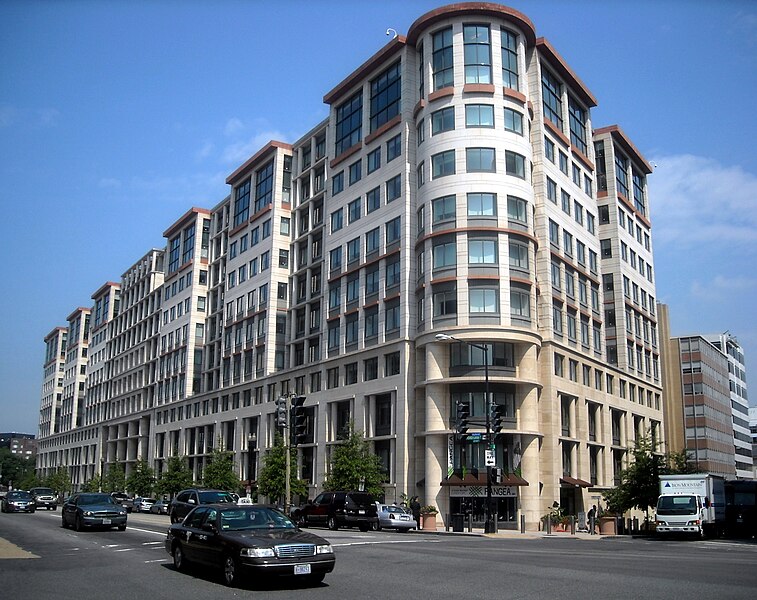 WorldStage Newsonline—The Nigerian Stock Exchange on Monday published the fourth quarter (Q4) 2012 and first quarter 2013 results of FCMB with profit after tax (PAT) after minority interest in Q4 2012 put at N4.296 billion; N14.756 billion in full year 2012, at 252.6% decline when compared to the previous year; but N4.160 billion positive in Q1 2013 at 2.7%.
WorldStage Newsonline—The Nigerian Stock Exchange on Monday published the fourth quarter (Q4) 2012 and first quarter 2013 results of FCMB with profit after tax (PAT) after minority interest in Q4 2012 put at N4.296 billion; N14.756 billion in full year 2012, at 252.6% decline when compared to the previous year; but N4.160 billion positive in Q1 2013 at 2.7%.
However for the second year in a row FCMB did not make provision for a dividend.
The bank’s interest income went up 4 per cent to N20.674 billion in Q4 2012; which added up to N87.021 billion in full year at 39.3% and N25.090 billion in Q1 2013 at 27.0%.
The bank made provisions of N11.994 billion in Q4 2012 at 50.6% out of the N12.698 billion in full year at 54.1%, but only N411 million in Q1 2013, a 181.2% improvement over the same quarter in 2012.
Notably the bank's Operating expenses jumped to N3.936 billion in Q4 at 53.7%, out of the N43.769 billion in the whole year at positive 35.5%, and further increace at N14,006 billion in Q1 2013 at positive 16.7%
However, the bank grew non-interest income in Q4 2012 to N11.054 billion at 1819.4%; N29.214 billion in full year at 138.0%, but declined to N6.138 billion in Q1 2013, a 3.6% lower than in same quarter in 2012.
According to analysts from FBN Capital, i”rrespective of any clarification from management on some of the trends in Q4, the absence of a dividend for 2012 is likely to dominate the market’s reaction to these results. This marks the second year in a row that FCMB will not pay a dividend.
“We do not understand the rationale behind the 1 for 25 bonus issue announced. We were looking for FCMB to propose a token dividend of 9 kobo. The writing was on the wall in Q3 2012 because the bank’s reserves, out of which any proposed dividend would have been paid, were still negative.
“As of the end of last week, FCMB shares had gained 25.3% vs the ASI’s 18.1%. Beyond any negative reaction to the zero dividend for 2012, we think the shares are likely to trade sideways going forward. If we annualise the Q1 2013 ROAE, the result (12.4%) is still well below our cost of equity assumption of 20.8%. As such, we may see only limited multiple expansion beyond the 0.7x 2012 P/B multiple that the stock is trading on currently. Our estimates are under review. “
















































